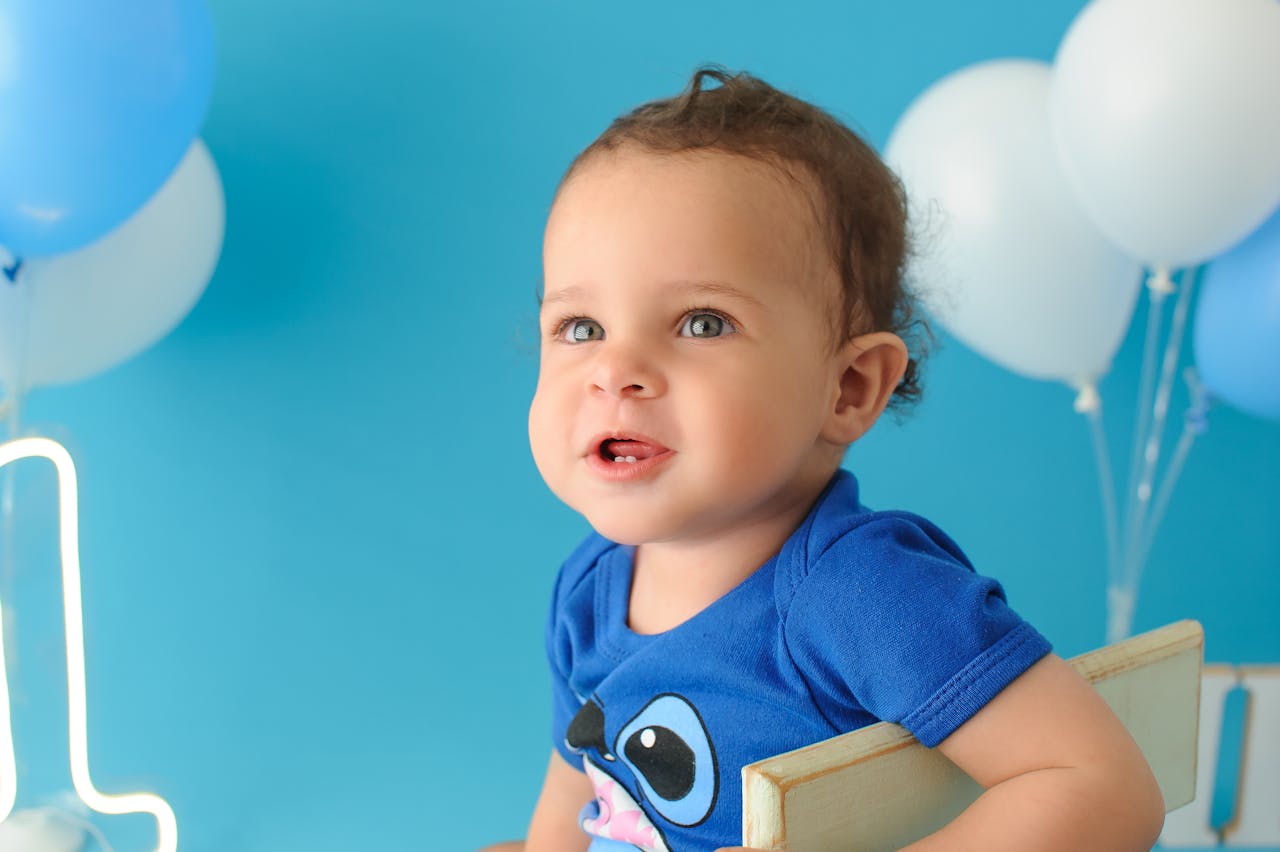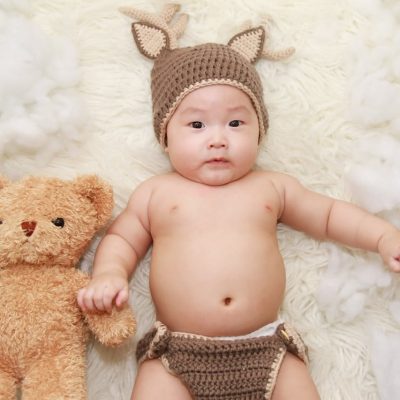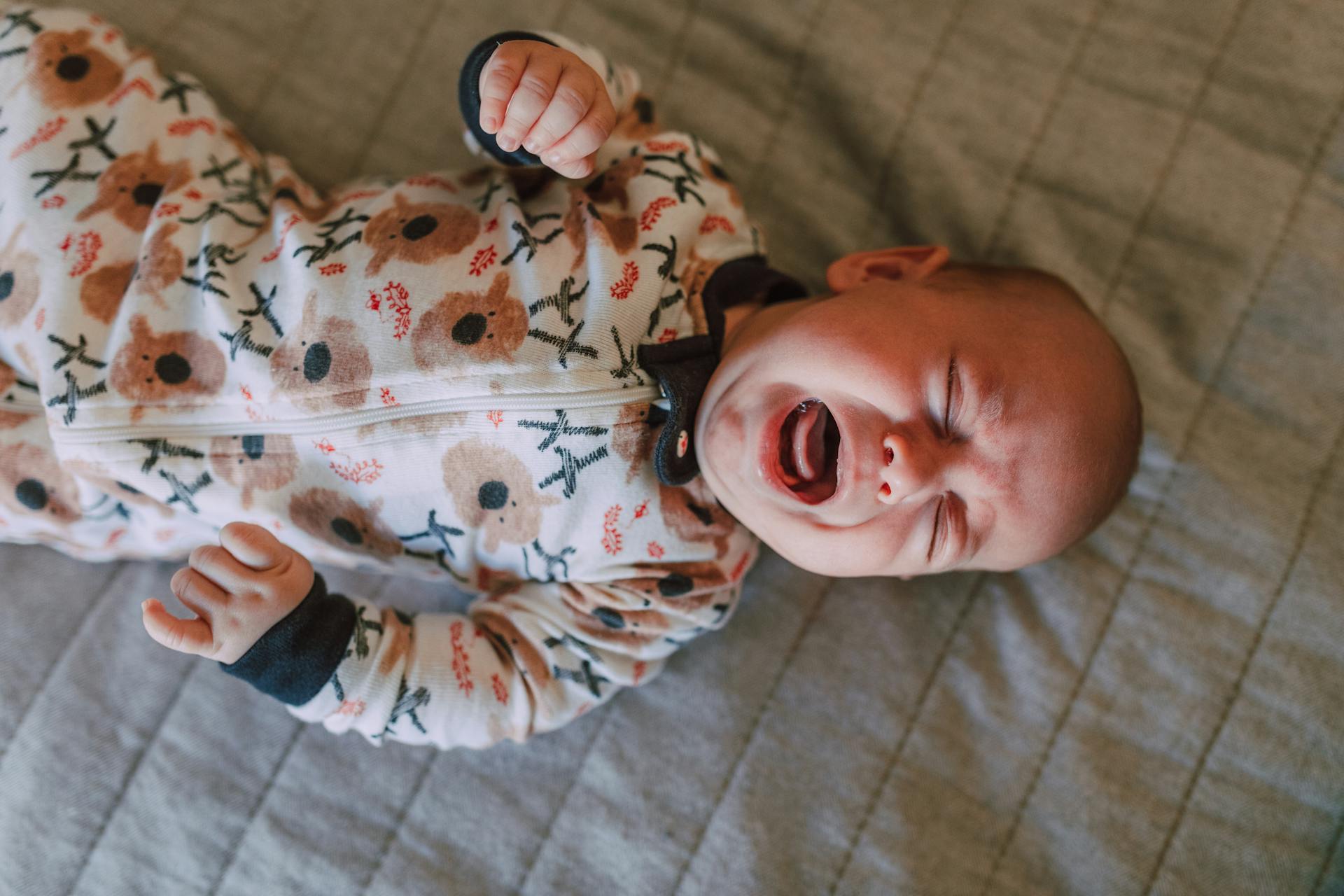Many parents are alarmed when they hear the grinding or clenching sound of their baby’s teeth during sleep or even when they are awake. This phenomenon, known as bruxism, is quite common among infants and young children. While baby grinding teeth is usually harmless, understanding its causes and how to prevent or manage it can help ensure your child’s comfort and dental health.
What Is Baby Teeth Grinding?
Baby teeth grinding, or bruxism, refers to the involuntary grinding, clenching, or gnashing of teeth. It often occurs during sleep, but some babies also grind their teeth when they are awake. Bruxism can develop as soon as a baby’s first teeth emerge and may continue throughout childhood.
Why Do Babies Grind Their Teeth?
There are several possible reasons why babies grind their teeth:
1. Exploring New Sensations
Babies are naturally curious and use their mouths to explore different textures and sensations. When new teeth come in, they may grind them together to become familiar with the feeling.
2. Teething Pain or Discomfort
Teething can cause irritation, and grinding may be a baby’s way of soothing their sore gums. Applying gentle pressure by grinding can offer temporary relief.
3. Misaligned Teeth
If a baby’s upper and lower teeth are not properly aligned, they may grind their teeth unconsciously to find a comfortable resting position for their jaw.
4. Response to Stress or Anxiety
Although less common in infants, stress or anxiety can lead to bruxism. Changes in routine, overstimulation, or difficulty sleeping may trigger teeth grinding.
5. Medical Conditions or Medications
Some medical conditions, such as cerebral palsy, or certain medications may increase the likelihood of bruxism in babies. If you suspect an underlying condition, consult a pediatrician or dentist.
Is Baby Teeth Grinding Harmful?
In most cases, baby teeth grinding is not a cause for concern. However, prolonged or severe grinding may lead to:
- Worn-down teeth – Excessive grinding can erode enamel, leading to increased sensitivity.
- Jaw pain or discomfort – Persistent grinding can cause tension in the jaw muscles.
- Sleep disturbances – Grinding noises may wake parents or disrupt the baby’s sleep cycle.
- Potential dental issues – If grinding persists into childhood, it could contribute to problems like misalignment or TMJ disorders.
How to Prevent and Manage Baby Teeth Grinding
If you notice your baby grinding their teeth, there are steps you can take to minimize the habit and prevent potential complications.
1. Provide Teething Relief
If your baby is teething, offering safe and soothing solutions can help:
- Teething toys – Soft, rubber teething toys can give your baby something safe to chew on instead of grinding their teeth.
- Cold washcloth – Chilling a clean washcloth for your baby to chew on can provide relief.
- Teething gels – Consult your pediatrician about using teething gels or pain relievers.
2. Encourage Relaxation Before Bedtime
A soothing bedtime routine can help reduce nighttime grinding:
- Gentle massages – Massaging your baby’s face and jaw may relieve tension.
- Soft music or white noise – Creating a calm environment can promote deeper sleep.
- Comfort items – A favorite blanket or toy may provide security and reduce stress.
3. Ensure Proper Oral Care
Taking care of your baby’s oral health from an early age can help prevent potential issues:
- Clean gums and teeth – Wipe gums with a soft cloth before teeth erupt and brush new teeth with a soft toothbrush.
- Regular dental checkups – Schedule your baby’s first dental visit around their first birthday.
4. Monitor and Adjust Diet
Certain foods can influence teeth grinding:
- Limit sugary foods and drinks – Excess sugar can lead to hyperactivity, which may increase bruxism.
- Ensure proper hydration – Dehydration has been linked to increased grinding in some children.
5. Address Stress or Anxiety
If stress is a factor, identifying and addressing the cause can help:
- Maintain a consistent routine – Predictable schedules can provide security and reduce stress.
- Comfort your baby – Responding to your baby’s needs with reassurance and attention can ease anxiety.
When to See a Doctor or Dentist
While occasional grinding is normal, consider seeking professional advice if:
- The grinding is severe and frequent.
- Your baby shows signs of pain or discomfort.
- You notice damage to their teeth.
- Your child has trouble eating or speaking.
Final Thoughts
Baby grinding teeth is a common occurrence that usually resolves on its own. Understanding the causes and implementing simple preventive measures can help minimize its impact. If you have concerns, consulting with a pediatric dentist can provide reassurance and guidance on maintaining your baby’s dental health.
















